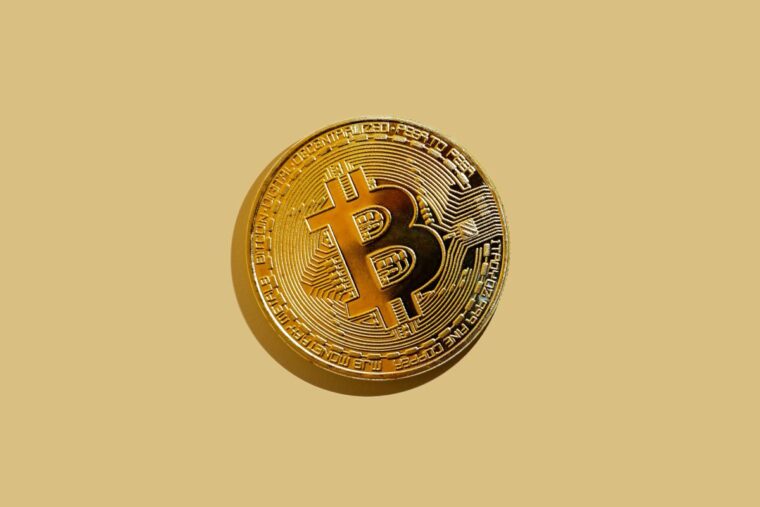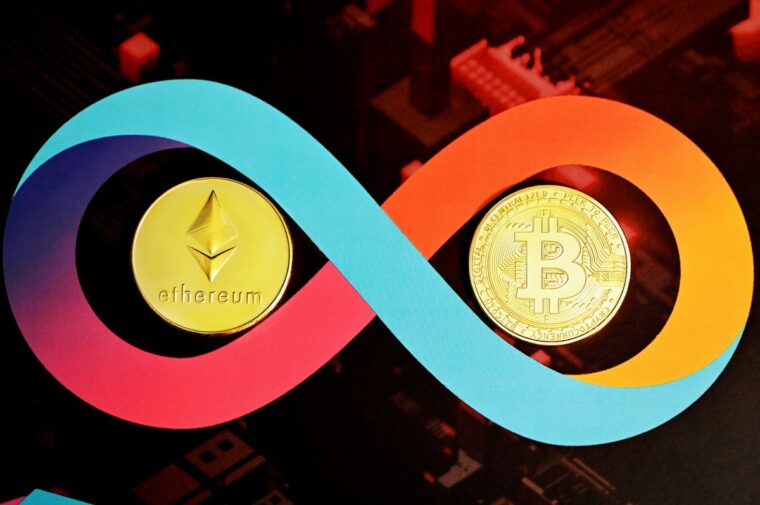The cryptocurrency industry is a very diverse one, especially now in 2024, around 13 years since Bitcoin and the blockchain it is based on appeared. During that time a lot has changed and digital currencies have become one of the most valuable, recognizable, famous, and sought-after commodities on the planet. While there are still millions who do not know nearly enough about them to be able to invest in them and trade them, every year sees millions of new crypto enthusiasts. The industry is slowly but steadily rising and with every new jump in value a new batch of miners join the efforts to add transactions to the blockchain. At the same time, those who do not want to mine buy their first crypto balance instead.
Speaking of these two ways of obtaining and then subsequently trading crypto, are there any age restrictions involved in it all? Is the market truly open for anybody or do you have to be of a certain age group to partake? This is an important question particularly now when children and teens have grown up in the digital age and know not the world before the internet. They have been hearing about crypto their entire lives so it is natural for them to want in on the action. But can they do it, and if not, what is preventing them? In this article we talk about all the things you need to know about cryptocurrencies and age restrictions, particularly when it comes to trading. Read on to learn about it, and check out more information.
An Age Limit Does Exit

Like most things in the world relating to official business, dealing with finances, and being responsible, the age limit for being involve with crypto is set at 18. This is probably now what teens who are interested in the industry want to hear, but there is a good reason for this. Underage individuals are not allowed to trade and otherwise be involved in the market because they are not considered mature enough. The age limit of 18 has been used for a long time for most other things in finance. You have to be 18 to have your own bank account, you cannot become a member of many websites and services before your 18th birthday, and so on. It makes sense therefore, for cryptos to follow the same rules.
How Things Used to Be
There used to be a time before cryptocurrencies were less regulated than now when underage individuals could have crypto accounts. Before July of 2017, for the most part, users who were at least 13 could open an account on a crypto exchange and use its services, but with parental consent. Children under 13 were still unable to do this. This was the case on some of the largest platforms in the industry, like the famous crypto exchange Coinbase. From July 25, 2017, their rules changed and every user has to provide proof that they are 18 or older.
In addition to this, most things were not regulated in the earliest days of crypto. For the first five or so years basically anyone could get them irrelevant of their true age. There were not so many regulations and laws in place yet. The market is still lacking some important things that would make virtual currencies even more applicable and useful, but the first several years were really something else. As long as you could use the internet and understood what is going on, you could open an account and mine or trade cryptos.
There are Still Workarounds in 2024
If someone who is still underage really wants to get in the game as early as possible and if a child truly does understand crypto, there is still a way they can participate and be a part of the industry. Trading cryptos is not for everyone, but it is still there for every individual who realizes its potential irrelevant of their age. If there are bright and gifted children and teens in other areas, why not in crypto?
When or if a parent recognizes talent or interest, they can talk to their children and be of help until they come of age. Trust fund deals can be made where parents are the ones who actually have the crypto to their name, but the child can trade it for them. Discussing everything between the parents and the underage crypto enthusiast can solve any potential issue that could arise in the meantime. The parents will surely be glad if their child can benefit the household budget by trading crypto or at least advise them on how to do it.

It is important to know that actual government laws regarding cryptos still do not exist everywhere. This means that it is not illegal for anyone to have an account per se, but certain industry platforms, banks, and other services may not allow the creation of accounts, trading, or buying the coins. On the other hand, bitcoin ATMs, also known as BTMs, can give you what you want. Most do not require identification, only SMS verification. Some do not even need any sort of verification apart from the electronic wallet info. However, bitcoin ATMs are not equally present in all countries and it highly depends where you are.
It is also possible to swap gift cards for cryptocurrency, but only if you find someone willing to do it. Individuals who are 16 or younger can visit certain peer-to-peer (P2P) websites and buy cryptos from those willing to sell them regardless of the age. A huge advantage of cryptocurrencies is the anonymity behind transactions, so you do not even have to know who you are buying from or selling to.
Asking a senior to buy it for you, using craigslist, or using a platform that does not require any identification is also possible. These platforms include Coinatmradar, Bisq, Purse, Solidi, Mycelium, Swapngo, BitHalo, and many others. We would still advise anyone underage to talk to their parents or guardians anyway because it is always easier to succeed with their help. If they do not understand, find a way to explain it to them differently until they do. As long as it can be a career and a way to earn money, they will be willing to listen.
